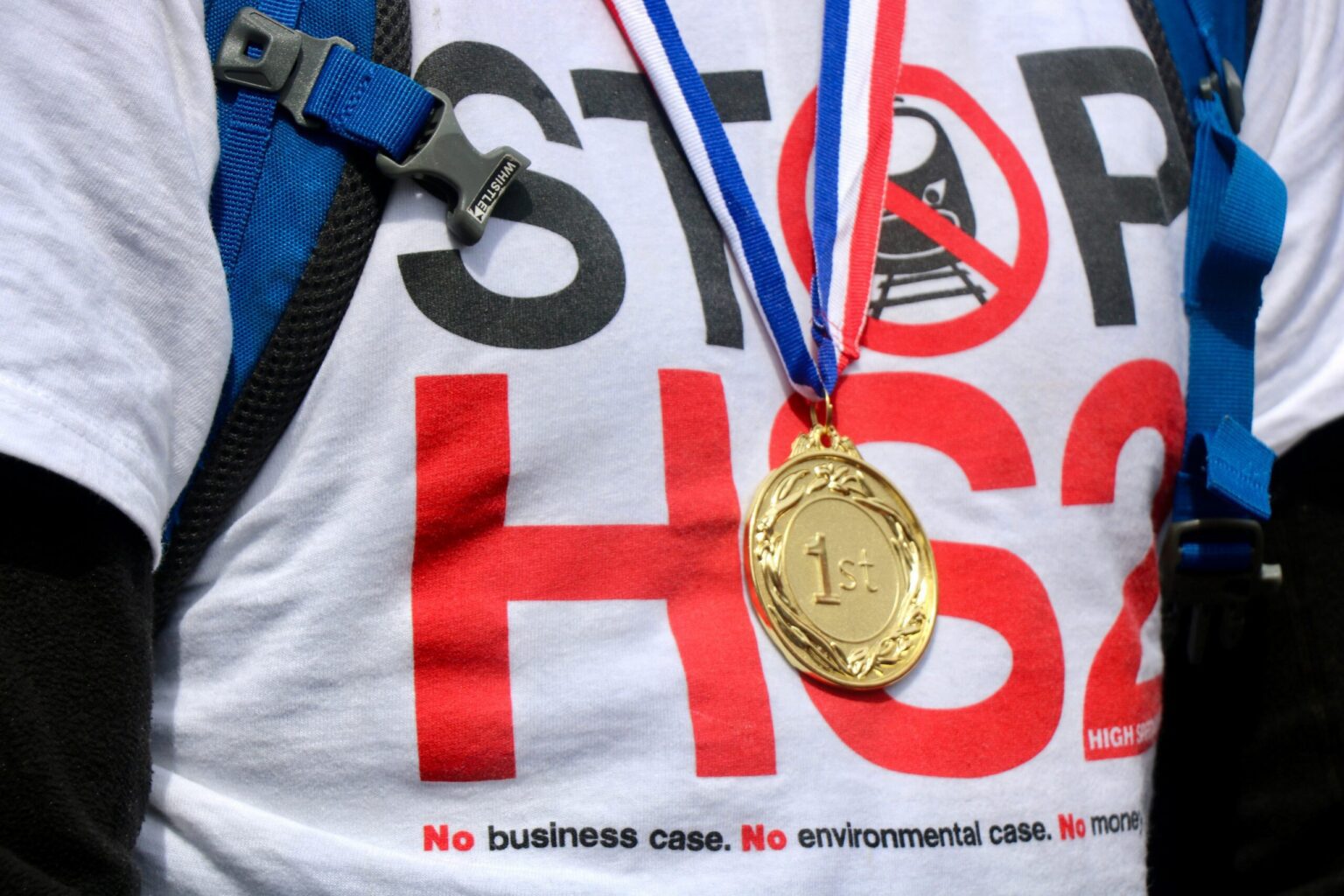February 8, 2025
In a bold move to enhance the performance of American athletes at the 2028 Summer Olympics, the U.S. Olympic and Paralympic Committee (USOPC) has unveiled a sweeping overhaul of its athlete training programs. On February 8, 2025, USOPC officials announced plans to invest an unprecedented $500 million over the next three years to improve the resources, technology, and support available to U.S. athletes in preparation for the Paris 2024 and Los Angeles 2028 Olympic Games.
The new initiatives aim to take a more holistic approach to athlete development, focusing not only on physical performance but also on mental health, nutrition, and recovery. As part of the overhaul, USOPC will expand partnerships with leading sports science organizations, introduce cutting-edge training technologies, and provide athletes with enhanced access to psychological support services to optimize both physical and mental performance.
“This is a game-changing investment in the future of American sports,” said Sarah Hirshland, CEO of the U.S. Olympic and Paralympic Committee. “We know that in order to compete at the highest level, we need to give our athletes the tools to succeed in every aspect of their preparation—on the track, in the pool, in the gym, and in their personal lives. This comprehensive approach will ensure that U.S. athletes are better equipped to achieve excellence and bring home medals for the United States.”
One of the key components of the new program is the introduction of personalized, data-driven training regimens for athletes, powered by the latest advancements in artificial intelligence (AI) and sports analytics. By utilizing wearable technology and biometric data, athletes’ progress will be tracked in real time, allowing coaches and trainers to adjust training plans based on the athlete’s performance and recovery rates. This data-centric approach will help ensure that athletes peak at the right moments while minimizing the risk of injury.
The USOPC will also expand its mental health initiatives, recognizing the increasing importance of psychological resilience in high-performance sports. The new training program will offer athletes access to a team of psychologists and mental health professionals who specialize in stress management, performance anxiety, and maintaining mental focus under pressure. With mental health challenges facing many elite athletes, this initiative aims to provide comprehensive support to help athletes maintain their mental well-being throughout the grueling years of preparation.
In addition to the technological advancements, the USOPC will improve its recovery and rehabilitation programs, including partnerships with top-tier medical institutions and rehabilitation centers. The committee is investing in state-of-the-art recovery technologies, such as cryotherapy and advanced physical therapy techniques, to accelerate recovery times and help athletes stay at their peak performance levels throughout the training cycle.
“This initiative will allow us to not only attract the best athletes but also keep them performing at their best,” said Dr. Michael O’Neill, the head of sports medicine for the USOPC. “The integration of cutting-edge recovery techniques and medical resources ensures that our athletes have the best possible chance to stay healthy and achieve their full potential.”
Another key aspect of the overhaul is a renewed focus on supporting athletes from historically underrepresented backgrounds. USOPC officials announced that part of the funding will go toward providing greater access to training facilities, mentorship programs, and financial support for athletes from marginalized communities, with the goal of creating a more diverse and inclusive pool of talent for the U.S. Olympic team.
“We believe that talent can be found anywhere,” Hirshland said. “This investment will open doors for athletes from all walks of life to have the opportunity to represent the United States on the world’s biggest stage.”
The ambitious overhaul is expected to significantly impact U.S. Olympic performance, particularly in events where the U.S. has seen stiff competition from other nations in recent years. With the 2028 Summer Olympics in Los Angeles just a few years away, the USOPC is hoping that these changes will set the stage for a dominant performance on home soil.
As the U.S. continues its preparation for the upcoming Olympic Games, the overhaul of its athlete training programs represents a clear commitment to enhancing the nation’s standing in the global sports arena. By investing in cutting-edge technologies, focusing on mental and physical well-being, and fostering inclusivity, the U.S. Olympic Committee is working to ensure that the athletes of tomorrow have every advantage in the pursuit of gold.
